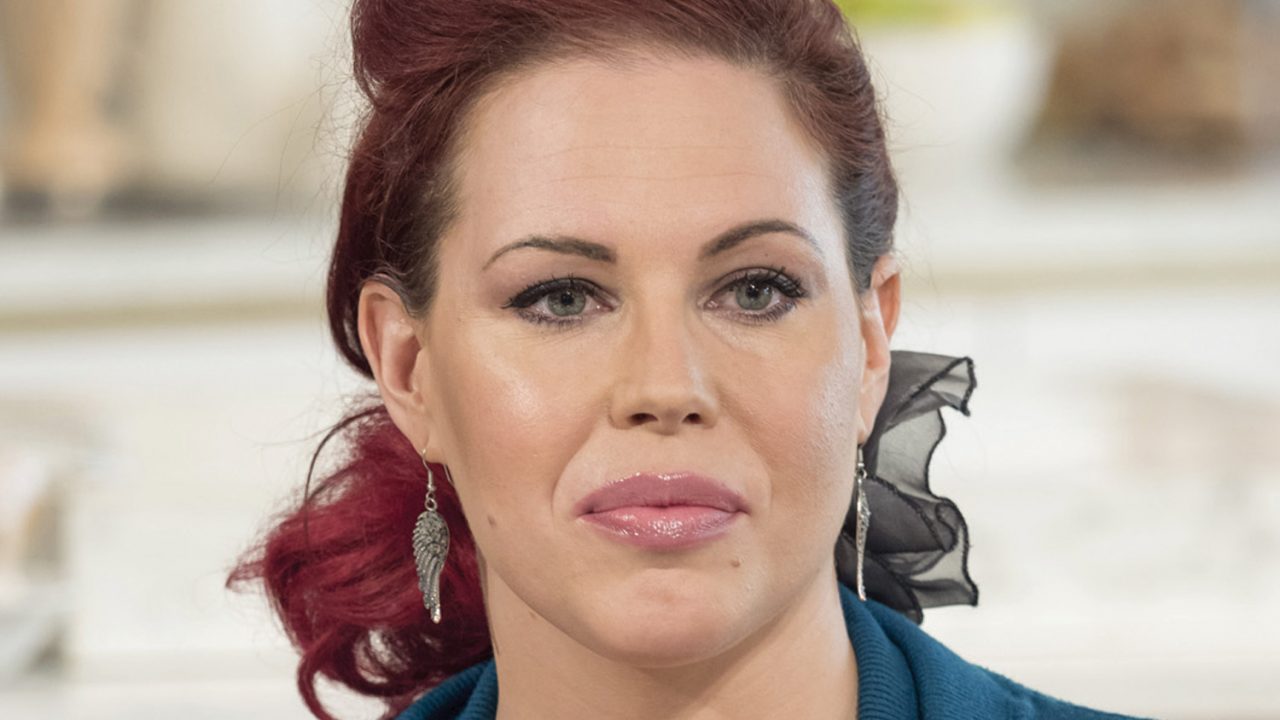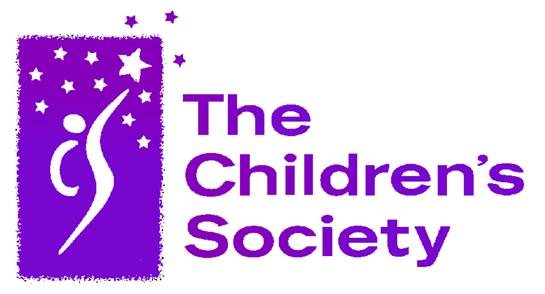A recent survey seems to suggest that there is – with the deeply worrying statistic that 100,000 children aged 14 are self-harming with girls disproportionately hurting themselves.

The survey of 11,000 14 years old showed that a quarter of girls had self-harmed whilst for boys it was one in 10.
Whilst the figures are upsetting, Natasha Devon, a mental health campaigner, said they were not surprising. “Self-harm,” she said, “is a coping mechanism like having a glass of wine or smoking a cigarette .. most people say they started doing it as it felt good. They did it in response to not feeling heard or not being able to articulate what was wrong. Over time it is addictive.”

Natasha Devon MBE
She went on to say that 14 is the average for most mental health difficulties. “There is a spike in *dopamine at that age which makes people more prone to risk-taking and there are a lot of hormones. It’s a crucial stage in a young person’s neurological development.”
Devon put the rise in challenges down to austerity and the fact that life for young people is now much harder. She added, “You can see a sharp rise in mental health conditions such as anxiety and self-harm since 2010 and that is when austerity began, plus a more test and exam-based education system. We lost things such as sport, art and music in school. It is interesting that there is a higher prevalence for self-harm among girls. It is to do with the ways girls and boys are socialised – girls are taught anger is unacceptable and boys are taught showing distress is unacceptable.”

Matthew Reed – Chief Executive of ‘The Children’s Society’
‘The Children’s Society’ carried out the the survey and its Chief Executive, Matthew Reed, said, “It is deeply worrying that so many children are unhappy to the extent that they are self-harming. Worries about how they look are a big issue.”
He went on to say, “Issues like appearance, gender stereotypes and sexuality should be included in the new relationships and sex education curriculum. However, early support for vulnerable children and families in the community, which can help prevent mental health problems from developing, is also vital.”
Lastly he confronted the issue of funding stating, “Ministers must urgently address the £2bn shortfall facing council children’s services departments by 2020.”

To read ‘The Good Childhood Report’ CLICK HERE
……………………………………………………………………………………………………………….
*Dopamine is a neurotransmitter. It is a Chemical Messenger that helps in the transmission of signals in the brain and other vital areas.

